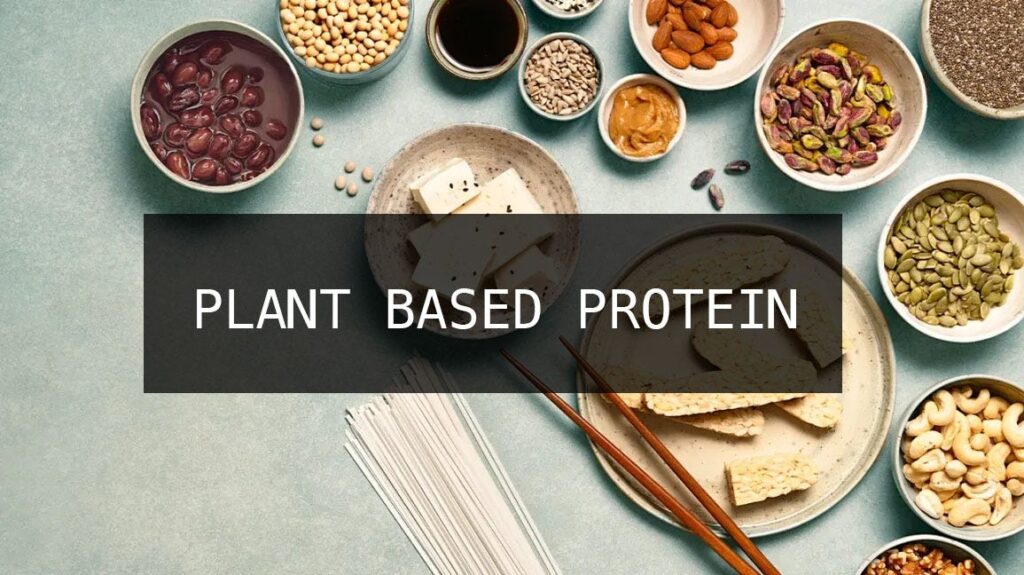The Gut-Brain Connection:
Have you ever felt “butterflies” in your stomach before a big event? That’s your brain talking to your gut — a prime example of something called the gut-brain connection. Nowadays, we see a hot burning topic of discussion on social media among adults regarding mental health. People have never been more aware and conscious about their diet, fitness and well-being, be it physical, mental, emotional and social, until now. So, this will be interesting to see how a healthy gut guarantees good mental health.

Gut- The Second Brain:
The gut is also known as the second brain (ENS- Enteric Nervous system) in the human body. Not only does research suggest that the ENS may induce emotional changes in people dealing with digestive discomfort, but it has also found that the gut can generate many of the same chemicals, or neurotransmitters, as the brain. One example is Serotonin. Well-known for stabilizing mood and promoting feelings of happiness, about 95% of this important neurotransmitter is produced in the gut.
Happy person with a glowing gut and brain: A person radiating positivity, with their gut and brain highlighted in a bright light, symbolizing the connection.

A Healthy Gut:
While the fact that psychological stressors can impact the gut has been recognized for many years, researchers have only recently discovered that the reverse can be true as well. In other words, not only can your brain impact your gut, but your gut can impact your brain. So, you must have a healthy gut to have a healthy mind.

Nurturing Your Gut for Better Mental Health
- Diet: Consume a diet rich in fiber, probiotics (yoghurt, cheese, kefir, kimchi), and prebiotics (garlic, onions, leeks, bananas, and apples) found in fermented foods, whole grains, and fruits and vegetables.

- Stress Management: Chronic stress can disrupt gut health. Practice relaxation techniques like meditation, walking, praying, laughing and spending time with friends and family.
- Adequate Sleep: Prioritize quality sleep to support both gut and brain health.
- Eat Slowly: Chewing your food thoroughly and eating your meals more slowly may lower your chances of developing obesity and diabetes while also helping you make better food choices. This may help you reduce digestive discomfort and maintain a healthy gut.
- Stay hydrated: Drinking plenty of water may be linked to increased diversity of bacteria in the gut, though the source of the water also matters. Staying hydrated benefits your health overall and can help prevent constipation. It may also be a simple way to promote a healthy gut.
- Exercise: Regular physical activity benefits both your gut and your mental well-being. Everybody knows that exercise and physical activities benefit both the body and the brain.

Takeaway:
Because the gut-brain connection is a two-way street, it stands to reason that when your gut feels good, your mind may feel better, too. Making some simple life changes can help.


